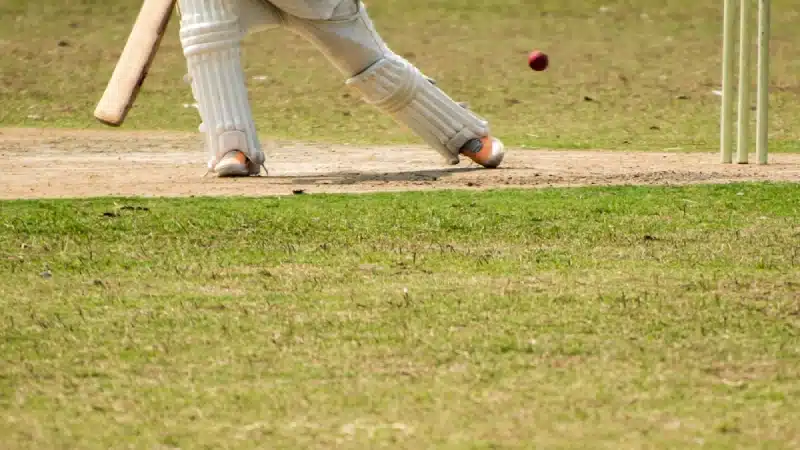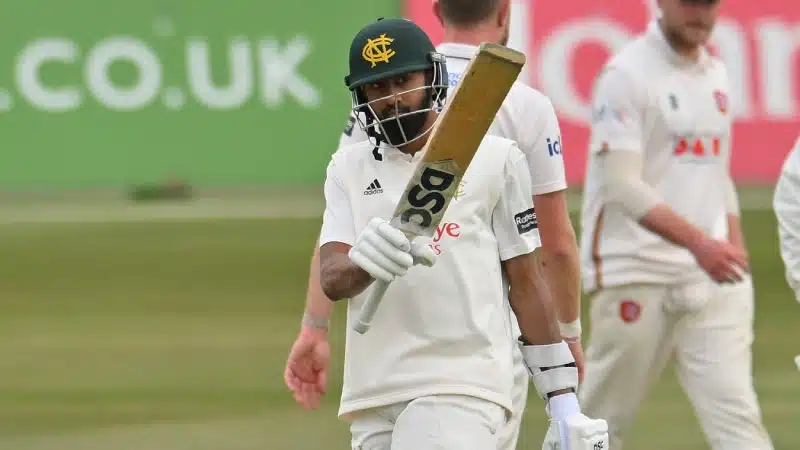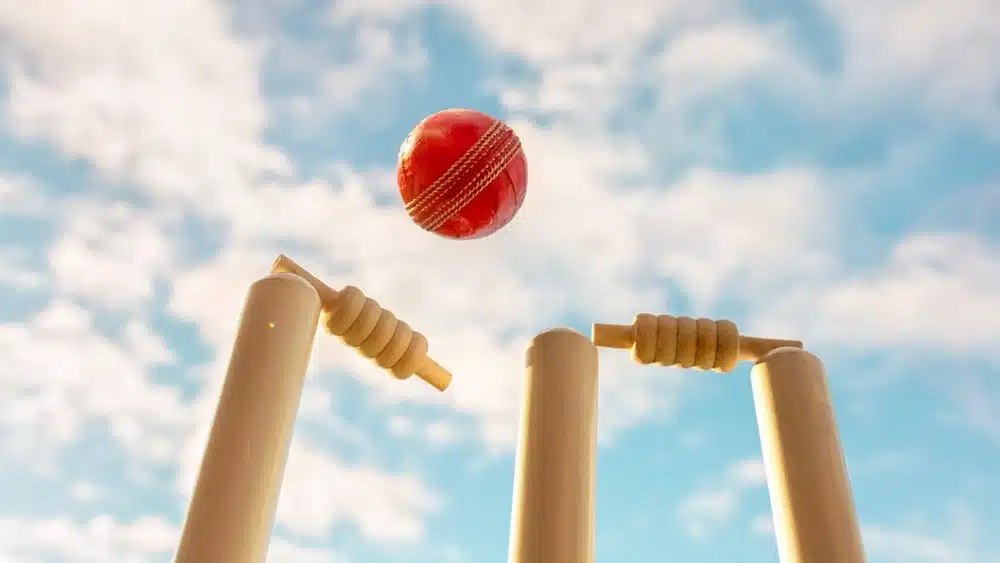
Penalty runs in cricket are awarded to one team when the opposition side breaches laws of the sport relating to unfair play or players’ conduct.
Under the 1798 Laws of Cricket, a new law was added stating that a penalty of five runs would be awarded to a batting team if the fielder of the opposition stops a ball with his hat.
Interestingly, a five-run penalty is a common form of sanction in the game of cricket.
Under Laws 28, 41 and 42, penalty runs are awarded in cricket. To have a better understanding, let’s have a detailed look at these laws to award penalty runs in cricket.
Penalty runs awarded to the batting team
Ball striking a fielder’s helmet
Under Law 28, five penalty runs are awarded to the batting team if the ball hits a fielder's helmet which is kept on the field but is not being worn.
Usually, wicket-keepers keep their helmet on the ground behind them while keeping. When a gloveman misses the ball and it strikes the helmet, five penalty runs would be awarded to the batting team immediately.
Illegal fielding
Under the above-mentioned law, a player is not allowed to field the ball by using their cap or any part of their clothing.
Ball is touched by illegal fielder
Under Law 41 for unfair play, a five-run penalty is awarded to the batting team if the ball is touched by a player who has entered the field without the permission of the umpire.
Fielding team deliberately distracts the batter
Under Law 41.5 which was added by the ICC in 2017, “it is unfair for any fielder wilfully to attempt, by word or action, to distract, deceive or obstruct either batter after the striker has received the ball.”
Harming the pitch
Under the laws of cricket, the fielding team should not deliberately damage the pitch to gain an unfair advantage in the match. If a player or a team is found to have scuffed the pitch, the match referees can even suspend the player or the team based on the evidence.
Penalty runs awarded to the fielding team
Short run
A five-run penalty can be awarded to the fielding team if a batter deliberately runs short or attempts to ‘steal’ a run.
Time wasting
As per the laws of cricket, a five-run penalty can also be awarded to the fielding team if batters deliberately waste time.
Damaging the pitch
The batting side can also be punished for damaging the quality of the pitch while a match is going on. If batters are found to be intentionally running on the pitch, the umpires can award a five-run penalty to the fielding side.
Penalty runs awarded to either team
Ball-tampering
Under the MCC laws, either team can be punished if the umpires decide that any side has illegally changed the condition of the ball, also known as ball-tampering.
Practising on the pitch on matchdays
Five penalty runs are also awarded to the opposition if a team is found to be practising on the main pitch on the day of the match.
Any unfair action
Under Law 41, umpires have the power to award five penalty runs if they judge any action of a player or a team to be unfair.
Penalty runs awarded due to players’ conduct
Under Level 1 offences, five penalty runs can be awarded to either side in the case of wilfully mistreating the cricket ground, dissent, obscene language and excessive appealing.
Under Level 2 offences, five penalty runs can be awarded to either side for serious dissent, deliberate physical conduct with a player and throwing a ball at a player or official.
Level 3 offences include intimidating an umpire or threatening to assault a player or any other person except an umpire
Under Level 4, five penalty runs can be awarded for physical assault of a player, committing another act of violence or assaulting or threatening to assault an umpire.
Play fantasy cricket with SportsAdda. Create your team, track your progress and win prizes. Start here.
Follow us on Telegram for the latest updates from the world of sports!
Interested in cricket betting? Click here to check out the list of top sites.
Featured photo: JEREMY NG / AFP




















